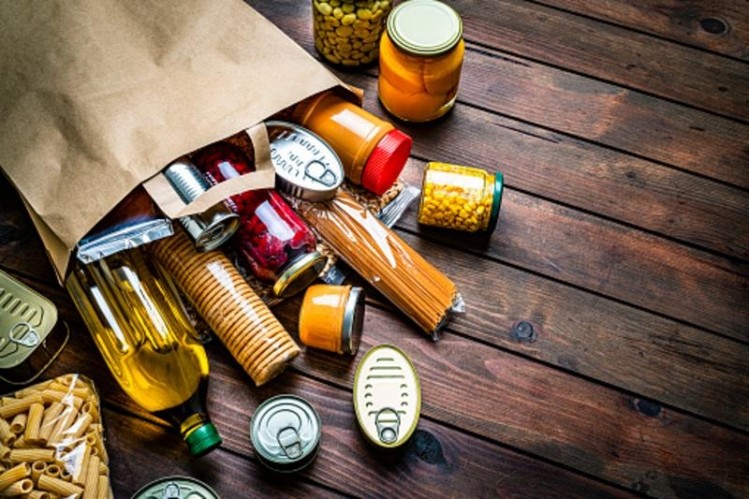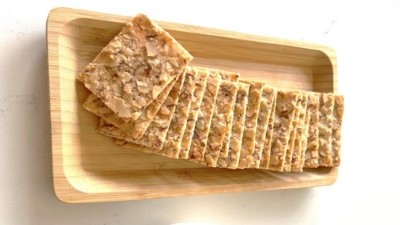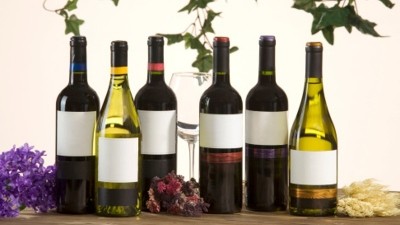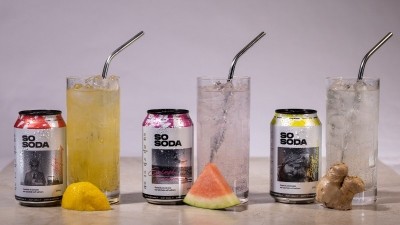Packaging Happenings: Packaging-free alcohol refill tech, Tetra Pak ups carton sustainability, rising consumer focus on ingredient lists and more feature in our round-up

Bring on the booze: Singapore spirits firm touts price and sustainability benefits of ‘world-first’ retail refill tech
Singapore spirits firm Proof & Company believes that its ‘world-first’ alcohol refill kiosk technology will lead the industry into a sustainable, circular economy future, in addition to fulfilling consumer hopes for lower prices.
Proof & Company recently launched the world-first SmartKiosk in Singapore, starting with Dairy Farm International’s premium retail chain CS Fresh in Tanglin Mall.
The kiosk currently offers six different craft spirits, and consumers would place a reusable bottle under the spout containing their spirit of choice to have it filled up, then attach a sustainable seal and pay as usual in the supermarket.
Fibre first: Tetra Pak tests plant-based barrier to replace aluminium for carton packaging – VP interview
Tetra Pak is testing a fibre-based barrier to replace the conventional aluminium layer on its aseptic carton packaging in a bid to slash carbon emissions while still maintaining shelf life.
The aluminium layer is critical in keeping the contents in the cartons safe for consumption. Despite being thinner than human hair, the aluminium layer contributes a third of the greenhouse gas emissions linked to materials used by Tetra Pak.
Got your back: APAC consumers increasingly turning to ingredient lists first - ofi
Asia Pacific consumers are increasingly turning to the back of food packaging to check ingredient lists, before considering any front-of-pack health claims, with interest in clean label products seemingly gathering pace.
The term ‘clean label’ does not as yet have a fixed regulatory-defined term, but is widely considered within the food and beverage sector to refer to a food product label that does not contain ingredients that consumers may consider confusing, undesirable or non-understandable, usually avoiding food additives such as chemical colourants, flavours or preservatives.
According to global food major Olam's food ingredients arm ofi (previously known as Olam Food Ingredients), the importance of clean labels on packaging may soon become even more important than the packaging design itself.
2023 healthy food trends: Clean label and positive nutrition claims crucial for consumers
Consumers in the Asia Pacific region will continue to be strongly driven by products with clean label and positive nutrition claims moving into the new year, with food and beverage brands also set to boost innovation to meet these demands.
The health and wellness trend has been constantly on the rise in the food and beverage sector over the past few years, accelerated even more since the COVID-19 pandemic hit in 2020.
Moving into 2023, industry experts are confident that this trend will continue to guide consumer purchasing decisions, with particular emphasis on the clean label and positive nutrition claims that are drawing great interest especially in larger markets.
‘No need for regressive taxes’: Major Australian beverage brands make further sugar reduction pledges
Major Australian beverage firms including Coca-Cola and PepsiCo have increased their sugar reduction commitments for non-alcoholic beverage products in a further push to demonstrate the efficacy of industry-led initiatives over taxation.
The Australian beverage industry pledged to reduce the sugar content within non-alcoholic beverage portfolios back in 2018, an initiative led by the Australian Beverages Council Ltd (ABCL).
The target commitment set back then was a reduction of 20% between 2015 to 2025 – but some of the biggest firms in the industry have now decided to upgrade this by a further 5% to a 25% reduction in sugar by 2025, which would demonstrate the efficacy of these industry-led initiative.















